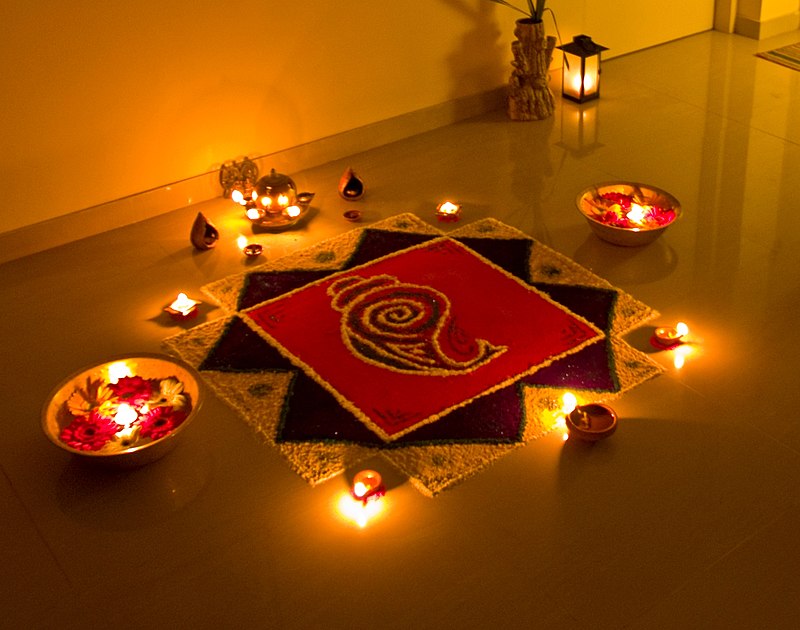
In Delhi, a strict firecracker ban was introduced to combat deteriorating air quality, with similar prohibitions enforced in other parts of North India. Authorities cited health data linking post-Diwali pollution surges with respiratory issues and hazardous air quality, particularly impacting children and elderly populations. Firecracker use on Diwali has been a traditional practice symbolizing victory over evil, and the recent bans have reignited concerns that such restrictions overlook cultural significance. Environmental activists and public health experts, however, argue that the annual spike in pollution warrants decisive action, especially as cities like Delhi and Mumbai report dangerous Air Quality Index (AQI) levels immediately following the festivities.
The controversy intensified when Baba Bageshwar, a prominent Hindu spiritual leader, openly condemned the firecracker ban, calling it an infringement on Hindu practices. He urged Hindu communities to exercise their right to celebrate Diwali as intended, emphasizing that the ban represented a selective restriction that disregards the importance of traditional customs. Muslim clerics, including Shahi Imam of Delhi’s Jama Masjid, added to the discourse, framing the ban as part of a broader environmental duty that affects all citizens, regardless of religion. The Imam’s statements underscored that while religious observances are vital, public health risks should also be prioritized. These perspectives underline a complex interplay between upholding religious practices and responding to an environmental crisis that knows no boundaries of faith.
Political leaders have entered the fray, with some parties voicing support for the ban, citing climate change initiatives and international expectations for India to curb emissions. However, others contend that the restrictions may alienate Hindu communities and fuel resentment. Opponents of the ban claim it singles out Hindu festivities while other celebratory events across the country continue with limited scrutiny. Supporters counter this by highlighting that Diwali consistently coincides with seasonal shifts that trap pollutants, exacerbating smog levels. This, they argue, calls for immediate and specific action rather than a blanket approach that ignores the realities of air pollution’s severe impacts.
This year, many families reported confusion over the legality of certain firecrackers, with permissible variants allowed in some regions and complete bans enforced in others. The National Green Tribunal and Supreme Court have issued clarifications, aiming to balance tradition with safety. However, discrepancies between state regulations have led to varied enforcement, leaving celebrants uncertain about compliance.
